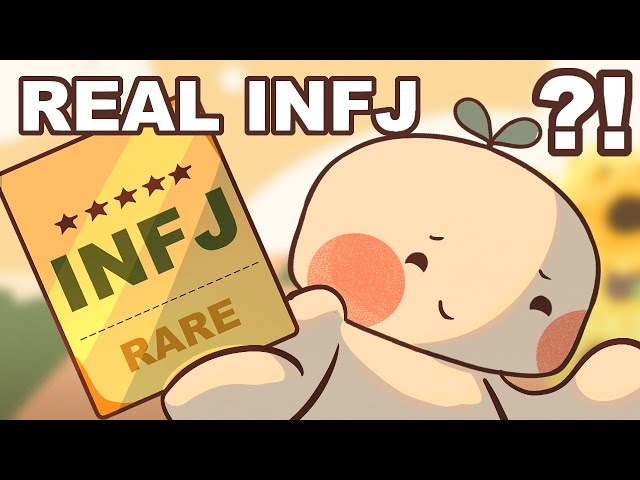Understanding Your INFJ Personality If your results indicate you’re an INFJ, that stands for Introverted, Intuitive, Feeling, and Judging. The titles often given to INFJs are “Advocate” or “Idealist.” This personality type is the rarest, accounting for only 1–3% of the population in the USA.
After receiving a result like this, you might wonder if it’s truly accurate. Below are key factors that can confirm your INFJ traits.
A Note on Mental Health
Before we dive in, we want to acknowledge the significant decline in mental health worldwide. This is why we’re committed to creating more content than ever before. Stay tuned, and thank you for being part of our journey. Now, let’s begin.
1. An All-or-Nothing Approach to Life
INFJs tend to take an all-or-nothing approach to life. “Go hard or go home” could have been coined for them! They dive passionately into their pursuits, valuing quality over quantity. Superficial or casual endeavors don’t satisfy them; they seek deeper truths and authenticity.
However, this zero-to-hundred approach can lead to burnout. INFJs must balance their drive with self-care to sustain their energy.
2. People Gravitate Toward You
In their quest for deeper connections and dissatisfaction with the superficial, INFJs naturally draw others in. They exude a vibe that invites people to share their deepest worries, dreams, and thoughts. Their excellent listening skills and ability to communicate clearly make them approachable.
Ironically, INFJs are somewhat private themselves. They often act as the receiver of information rather than the giver while warming up to others.
3. A Natural Talent for Language
Alone time is creative time for INFJs. That “I” in INFJ stands for Introverted, after all. They find solitude enriching, often engaging in a variety of hobbies. Since expressing their own feelings verbally can be challenging, many channel their emotions through writing.
It’s no surprise that legendary writers like Goethe, Dostoevsky, and Agatha Christie were INFJs.
4. Decisions Based on Intuition
INFJs make decisions based on intuition rather than cold calculations or past performance. They assess their environment and trust their gut feelings. Because they seek the core of any issue, their instincts are rarely wrong.
5. Aversion to Interpersonal Conflict
INFJs despise interpersonal conflict due to their altruism and insightfulness. While some find excitement in debates, INFJs experience turbulence and instability. Their ability to pick up on people’s true motivations and feelings makes discord particularly unsettling.
They often take responsibility for resolving conflicts, reflecting on arguments long after they’re over to ensure those they care about aren’t hurt.
6. Concern About Others’ Opinions
INFJs invest significant time and emotion in building deep connections. They aim to make the world a better place, including for those around them. They want others to be better for having known them, so they’re sensitive to falling short of expectations. Failing to improve things feels like a personal failure.
7. Principles Etched in Stone
INFJs hold unwavering beliefs and values. They have strong standards and ethics. Convincing an INFJ to compromise their principles like participating in a bank heist would require extraordinary persuasion.
They stand firm, even against corrupted authority, as they see the core of people and situations. Everything they do is meaningful, aligning with their sense of purpose. Despite being introverts, INFJs passionately crusade to uphold their ethics, no matter the opposition.







Leave a Comment